Initiating change through perspective
Photo by ASSOCIATED PRESS
Photo courtesy of AP Images
One day, we’ll enter the “real world.” It’s something that adults never let us forget. Each time we hear it, we groan and roll our eyes. We accept the adage as fact. However, recent headlines dare us to question our perceptions.
Teens across the globe have the power to make a difference in the “real world.” Our peers start charities, conduct scientific research and lead social movements. Nothing could be more real than our lives right now. Even as teenagers, we can create change.
Recently, we’ve seen this in the news. After the death of Freddie Gray, Baltimore teens circulated a flyer calling for a “purge” to take place at 3 p.m on Monday, April 27 at Mondawmin Mall. The flyer depicted protesters smashing the window of a police car during a march for Gray. According to an article in The Atlantic, not many students were interested in a rowdy march. Seventy-five to 100 arrived in total.
Yet in weeks following, Maryland governor Larry Hogan declared Baltimore in a state of emergency.
The ensuing riots were not a direct result of these students’ ideas. There were a number of factors involved. But as teenagers, it’s often easy to forget the role we play in our communities. Every action has a reaction.
It’s our choice. We decide how we want to leave an impact upon society. In the case of the Baltimore riots, some teens decided to punctuate their outrage with violence. Some are quick to condemn their actions. Others find them justifiable. As Ta-Nehisi Coates writes in “Nonviolence as Compliance,” those who criticize the protests border on hypocrisy. Why can police officers commit such brutality while we admonish citizens for violent protest? How can officials appeal for order when there is no defensible justification for Freddie Gray’s death?
To some questions, we still look for answers. As hard as it is to admit in such grossly unjust circumstances, violence perpetuates itself. It is our greatest enemy and often our greatest temptation. The key is to rise above the circumstances, to convey a message that cannot be ignored.
We are in no way helpless. By placing ourselves outside of the “real world,” we often forget our potential. We can follow our passions, and we must always fight apathy. Accordingly, students should never cower from voicing an opinion. But when pursuing a belief, we must always keep in mind the bigger picture, the best way to demonstrate our message and intent. Because ultimately, perspective is a vital tool. It is our best way to create effective change.

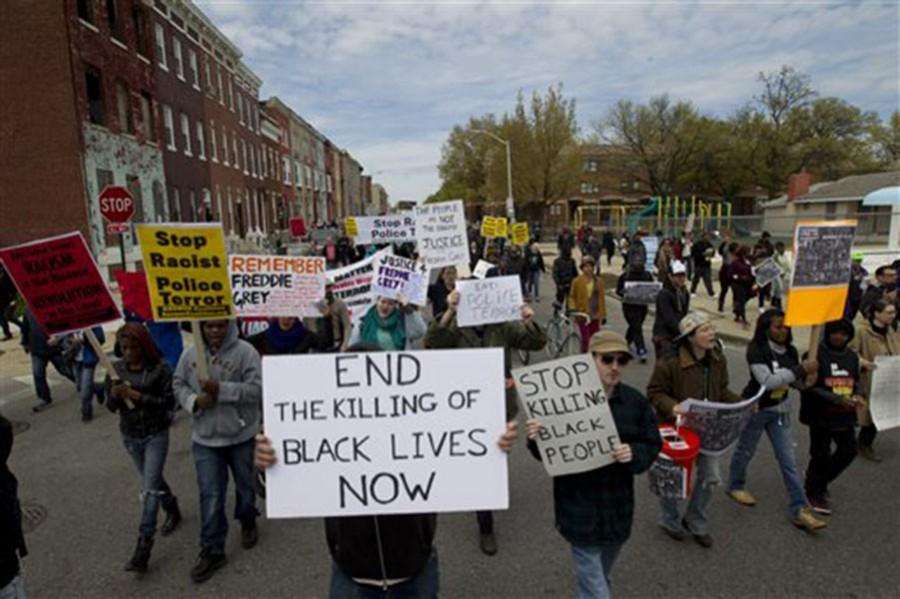

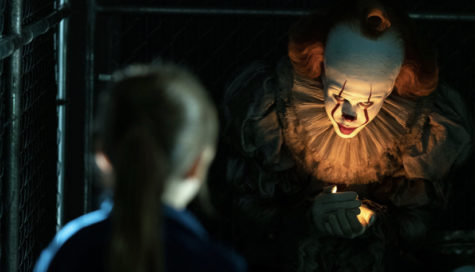
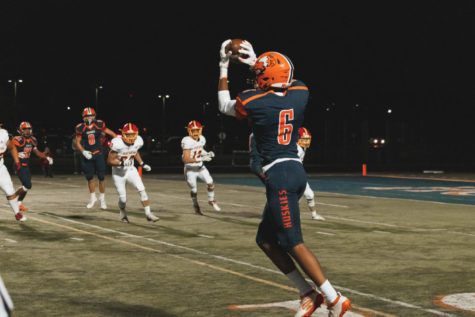
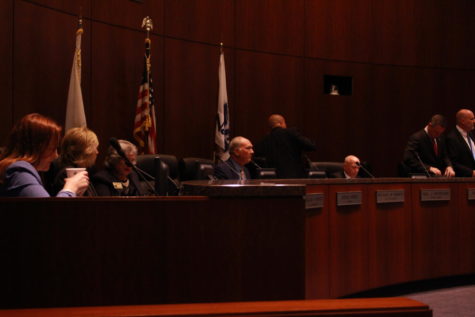




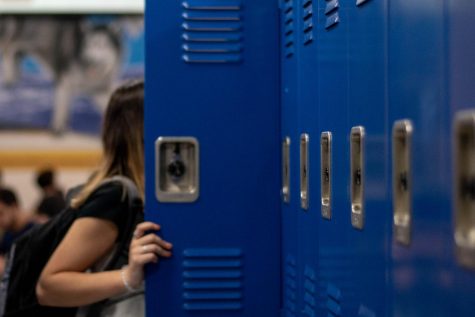

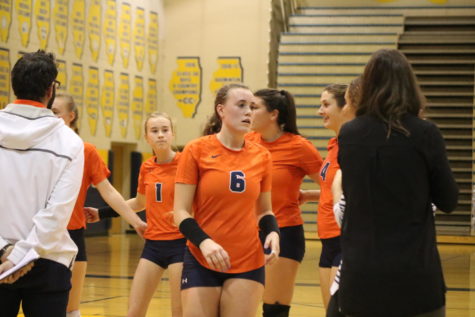

Noah • May 7, 2015 at 9:12 pm
Wow! This editorial made me think about my life beyond the walls of this school, I really should strive harder to change and help my community! Thanks!